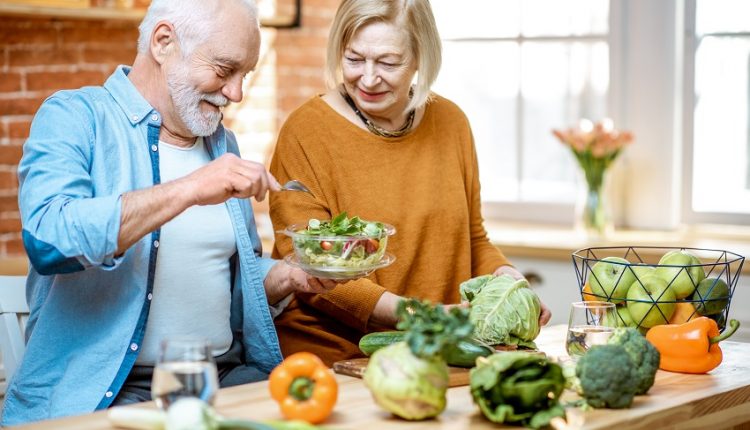
The Effects of Nutrition on Preventing Prostate Cancer
Prostate cancer is a growing tumor that usually does not put pressure on any part of the body and will not cause pain, so it may not have any early warning signs for a long time. It is the third most common cancer among Canadian men, after stomach cancer and skin cancer. According to these statistics, 16.93% of men in Canada get this cancer. Some people face the question of how to prevent this type of cancer. The risk of this cancer increases with age, and about 60% of cancer diagnoses are in people over the age of 65. Race and genetic factors play an essential role in the development of this disease. Maintaining a healthy body and adhering to health principles can help you reduce your risk of developing this cancer. In today’s article of Living Maples Mag, we will talk about diet to prevent prostate cancer.
Advanced prostate problems often cause symptoms. Other diseases can cause some symptoms of prostate cancer, so the person will need to be examined. Its symptoms in men include urinary problems, sexual problems, pain and numbness. But how can we prevent prostate cancer in old age?
Read More: Best Foods to Prevent Cancer in Old Age
Contents
Proper Diet to Prevent Prostate Cancer in Seniors
Tomatoes and Foods in Red
The colour of tomatoes, watermelons and other red foods is due to a powerful antioxidant called lycopene. Some recent studies show that seniors who eat foods containing lycopene are less likely to develop prostate cancer. In 2018, a study was conducted in Spain that showed that lycopene is easily absorbed in raw tomatoes rather than the cooked ones. The redder the tomato, the better because lycopene accumulates when the tomato ripens. It means that a colourless tomato that is picked earlier has less lycopene than a ripe tomato.
Cabbage to Prevent Prostate Cancer
Cabbages including broccoli, cauliflower, brussels sprouts, spinach, and kale can slow the cancer progression and reduce the risk of developing malignancies.
Foods Rich in Vitamin D to Prevent Prostate Cancer
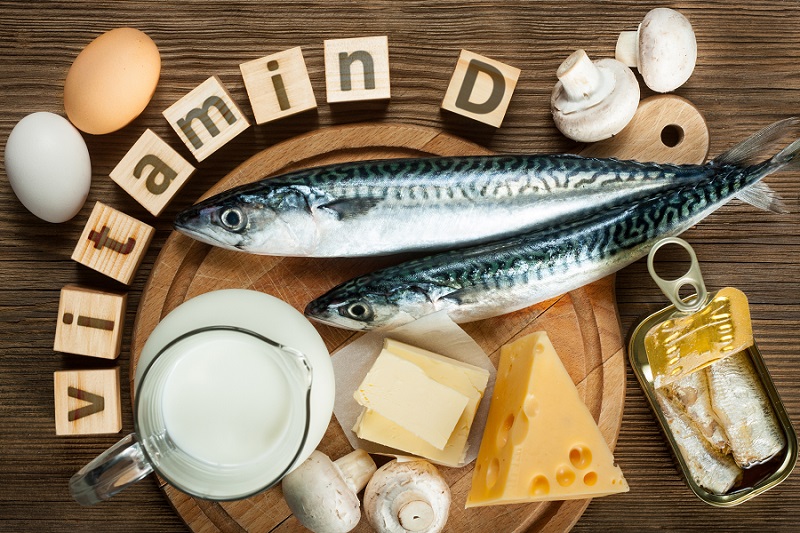
Vitamin D can protect you against prostate problems and other diseases. Eating foods that contain vitamin D, such as liver, salmon and dried mushroom, can be very effective. But it should be noted that sunlight is an excellent source of vitamin D. Exposure to sunlight for about 10 minutes daily without sunscreen can go a long way in reducing the possibility of having prostate cancer.
Fruits and Vegetables
The nutrients and vitamins in fruits and vegetables can reduce the risk of prostate cancer. Green vegetables are perfect due to containing compounds that help break down carcinogens. Nutrient-rich diets can also slow the spread of cancer. Try to reduce the consumption of junk food and place fruits and vegetables in your daily diet.
Foods High in Isoflavones
A 2014 study found that isoflavones play an important role in preventing prostate cancer. The health benefits of isoflavones have been linked mainly to their antioxidant effects. Isoflavones are found in foods, including:
- Tofu (from soy)
- Soymilk
- Pea
- Lentils
- Alfalfa sprouts
- Peanut
Green Tea
Researchers have long been studying the link between green tea and prostate cancer risk, but conflicting results have been obtained. A 2008 study found that men who drank green tea or took green tea extract supplements were less likely to develop advanced prostate problems.
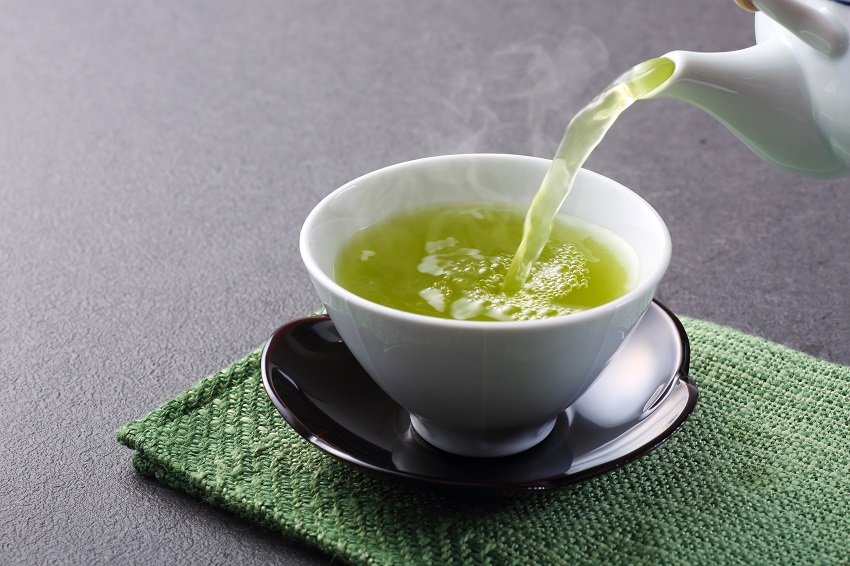
Furthermore, a 2010 study of clinical trials found that cellular research and animal experiments confirmed a link between green tea’s main ingredients and prostate cancer prevention.
Coffee to Prevent Prostate Cancer
Research shows that drinking coffee reduces the risk of prostate cancer. Drinking four to five cups of coffee a day reduces the risk of this cancer, according to a 2014 study in clinical trials. No matter how many cups of coffee you drink in general, every three cups of coffee you drink reduces your risk of this cancer by 11%.
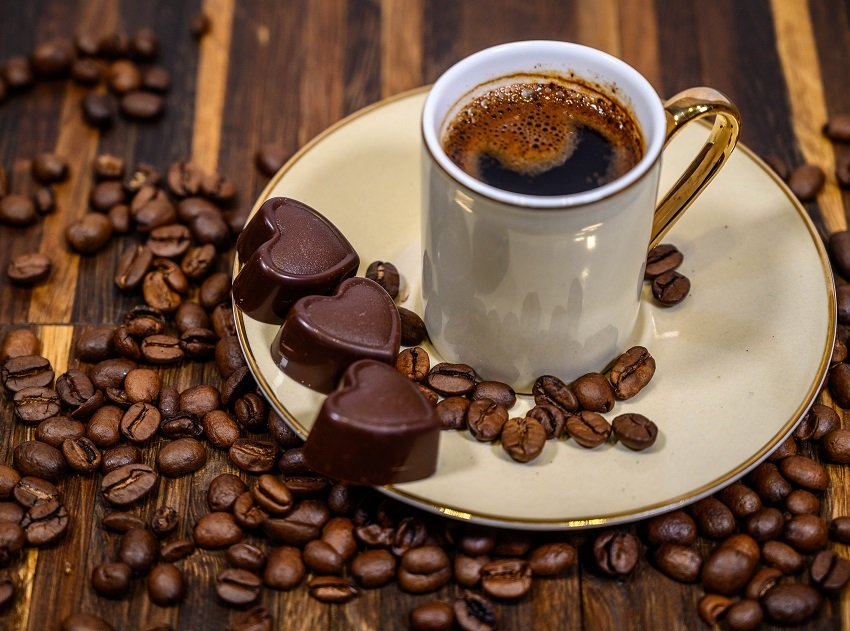
Hence, there is a proportional relationship between prostate cancer and coffee. So, increasing or decreasing the amount of coffee you drink increases or decreases its effect on this type of cancer.
However, too much caffeine can also cause serious health problems such as irregular heartbeat and seizures. Some experts believe that you should not consume more than 400 mg of caffeine per day; 400 mg of caffeine is equivalent to four coffee cups.
Read More: Pros and Cons of Drinking Coffee for Seniors
The brewing method also affects the benefits of coffee on this type of cancer. The two chemicals Cafectol and Kahweol, are known for their ability to fight cancer. Researchers believe that when coffee passes through a paper filter, these chemicals are filtered. Hence, traditionally brewing coffee keeps these anti-cancer chemicals in the coffee.
Fat
A 2014 study found that there may be an association between animal fats and an increased risk of prostate cancer. In addition to meat, butter and cheese also contain animal fats. If possible, substitute vegetable fats for animal fats. You can use the following alternatives:
- Olive oil
- Peanut butter
- Canola oil
Foods to Avoid to Prevent Prostate Cancer
Fish and Omega 3 Fatty Acids
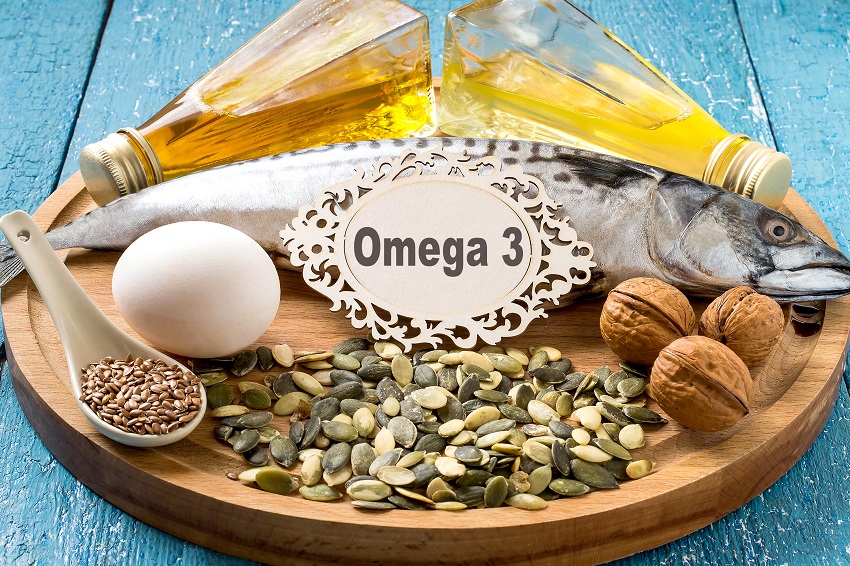
Scientists believed that fatty acids, known as omega-3s, can help reduce prostate cancer risk. Some fish, including sardines, tuna, mackerel, trout, and salmon, are rich in omega-3 fatty acids. However, a 2013 study found that people with omega-3 fatty acids in their blood were more likely to develop prostate cancer. Hence, it is good to limit foods containing omega 3 fatty acids if you are prone to any cancers, especially that of the prostate.
Folate
According to the American Cancer Society, some clinical studies in the 1990s showed that low levels of folate in the blood could increase cancer risk. However, folic acid, a type of folate, can increase the risk of cancer. Many foods contain folate, including green vegetables, beans, whole grains, and breakfast cereals. The American Cancer Society recommends eating enough of these foods to get enough folate into your body since the excess amount can increase the possibility of prostate cancer.
Selenium and Vitamin E
Although vitamins are good for boosting the immune system, taking high doses have the opposite and harmful effects. Recent research by US scientists shows that taking high-dose dietary supplements of vitamin E and selenium increases prostate cancer risk.
The medical community previously considered selenium and vitamin E to be anti-cancer. But recent research suggests that these compounds can increase the risk of this cancer in some people when taken together or alone. For this reason, anyone who is concerned about prostate cancer should avoid taking supplements containing vitamin E or selenium.
Grilled or Fried meat
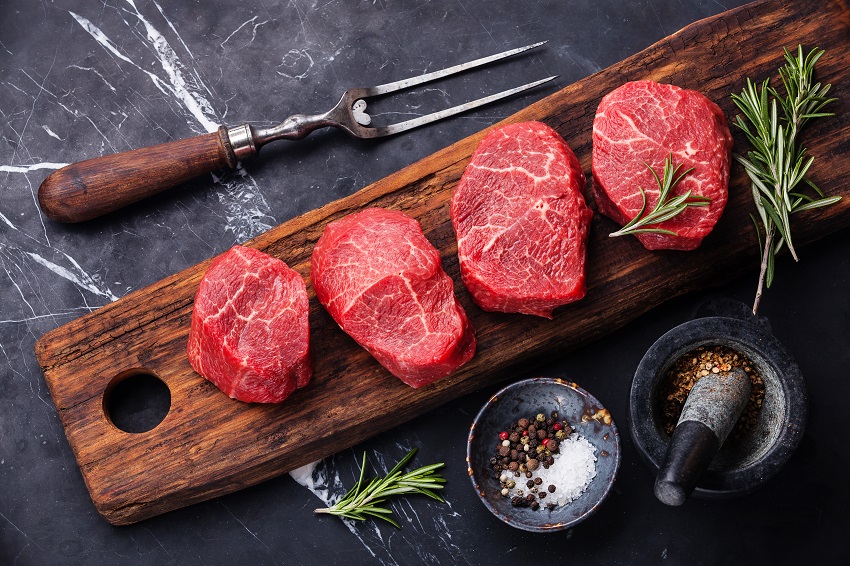
Cancer institutes in the United States warn against eating meat cooked at high temperatures, especially fried or grilled. When a person cooks meat, including red meat or chicken, at high temperatures, the meat may contain chemicals that alter the DNA and thus increase the risk of prostate cancer.
Read More: Most Common Diseases of Elderly that Affect Our Lives
Sugars and Carbohydrates
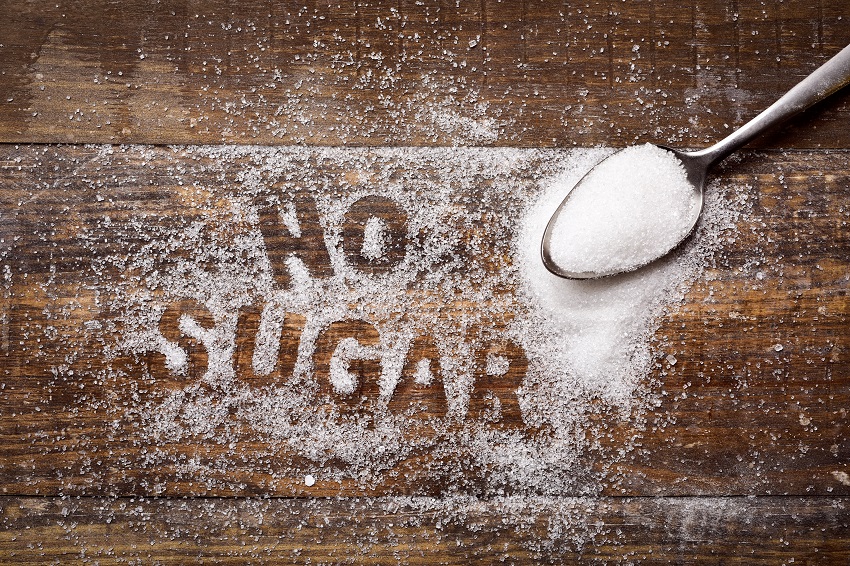
Measuring glycemic index and loaded glycemic index shows how carbohydrates and sugars affect a person’s blood sugar and insulin levels. Some studies also show that a diet high in glycemic loads increases the risk of prostate cancer. While the link between sugar and cancer is complex, a cancer institute reported that sugar could increase the risk of prostate, colon and pancreatic cancers.
Final Words
Prostate cancer is one of the leading cancers among senior men, and it has a direct relationship with the person’s diet. Hence, by paying attention to our nutrition, we can prevent this cancer in our old age.
I think to prevent prostate cancer, a person has to limit his calorie intake. As I know, calories are bad for cancer growth. Eat fresh vegetables and fruits or fresh fish instead of high-calorie foods. Eat garlic and tomatoes. Tomatoes are very high in a strong anticancer substance. I sometimes make a salad with many tomatoes in it, and I eat it with lemon juice for dinner.
As a sixty-year-old man, I need to grasp every opportunity to be healthy. Every time I think about cancer, my stomach flutters. My doctor told me that I need regular checkups even if I do not have outward signs. I lost my uncle because of cancer, which has been deeply imprinted on my mind. I only have a superficial knowledge of cancer, but I think if you want to be healthy, you need to devote a part of your day to exercise and avoid making hasty decisions about your meals.